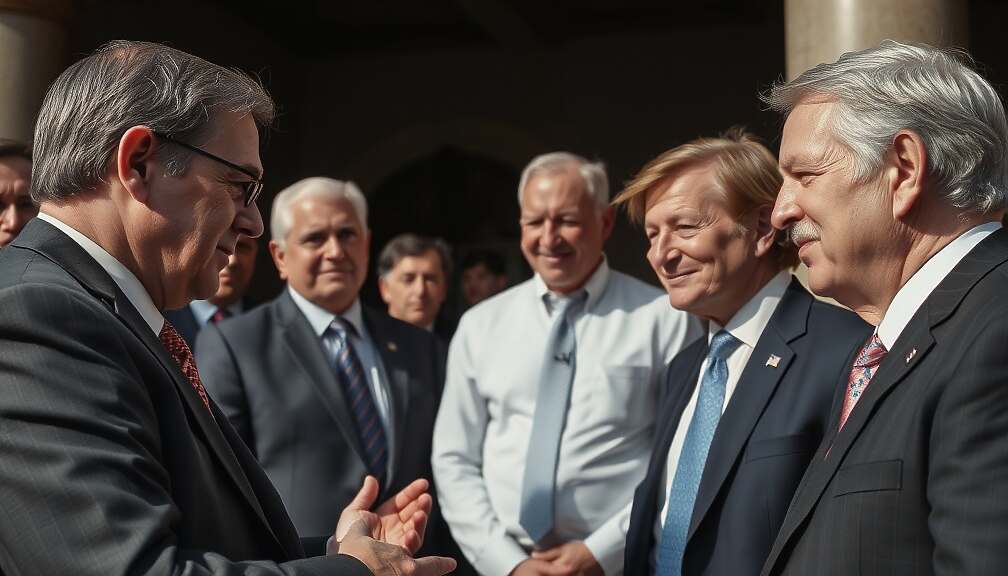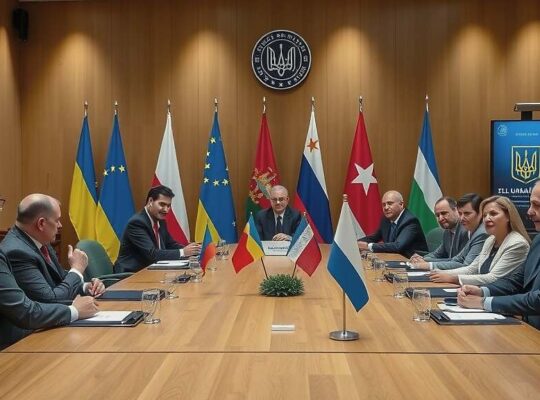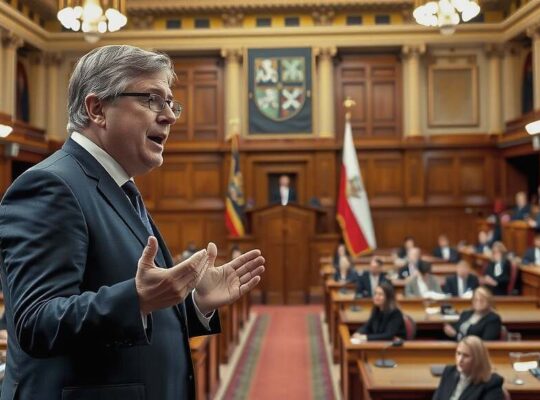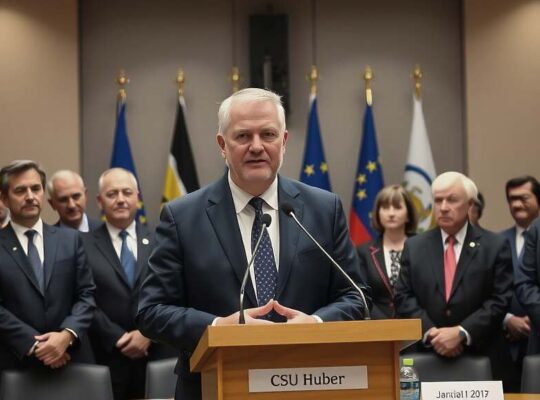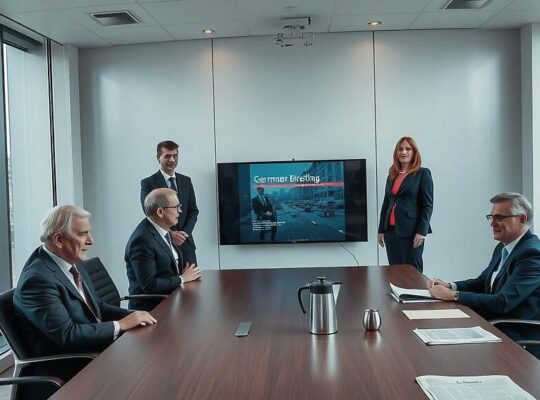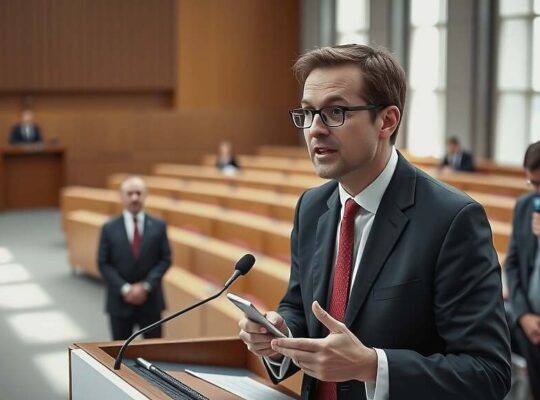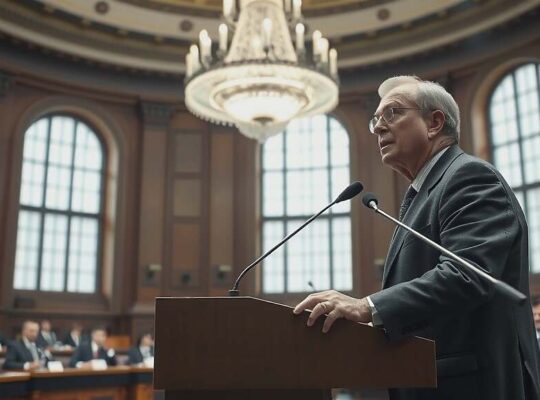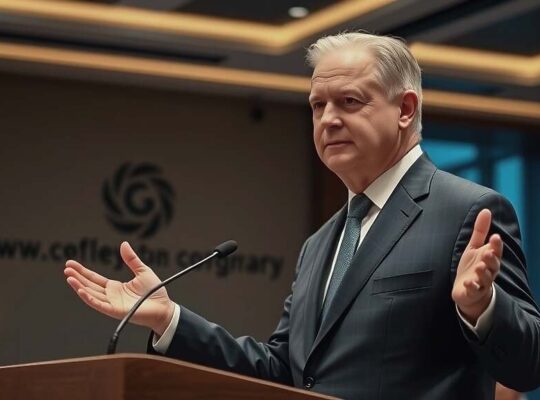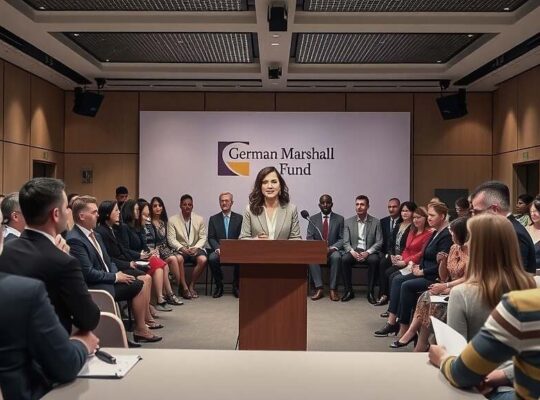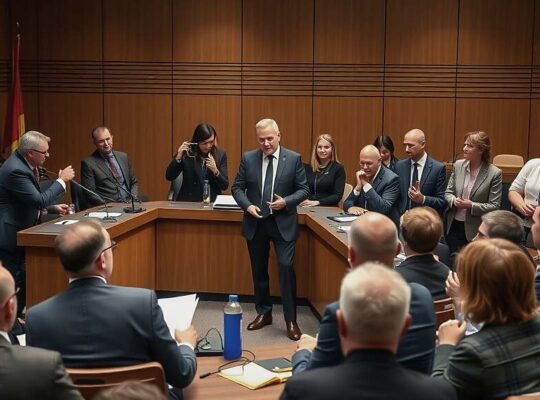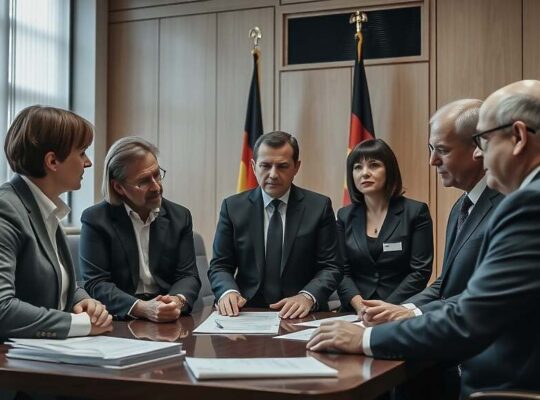A delegation of German parliamentarians from the Alternative for Germany (AfD) party, alongside a Luxembourgish EU representative, is planning a trip to Sochi, Russia, in mid-November to meet with Dmitry Medvedev, Chairman of the “United Russia” party, sparking questions about the extent of engagement with the Kremlin amidst ongoing geopolitical tensions.
According to reports from T-Online, the planned visit includes Bundestag members Rainer Rothfuß and Steffen Kotré and European Parliament member Hans Neuhoff, alongside Jörg Urban, chairman of the AfD’s regional chapter in Saxony. Rothfuß has confirmed both his participation in the conference and a scheduled discussion round with Medvedev. Attempts to contact Urban and Neuhoff for confirmation have reportedly met with delayed or absent responses.
The planned trip and the reported focus on the EU’s freeze of Russian Central Bank assets, are generating considerable political scrutiny. Fernand Katheiser, the Luxembourgish EU representative, confirmed the discussion of frozen assets as a likely agenda item, stating he is actively pursuing a conference with Russian and European parliamentarians potentially in Turkey to further explore this contentious issue.
Critics are raising concerns about the appropriateness of such a meeting, given Germany’s stated commitment to isolating Russia following its invasion of Ukraine and the ongoing sanctions regime. The willingness of AfD members, a party known for its pro-Russian stances, to engage in direct discussions with key figures in the Russian government is attracting particular censure.
The visit highlights a potentially deepening channel of communication between elements within the German political landscape and the Kremlin, fueling debate over the limits of constructive dialogue during a period of heightened international conflict. The inclusion of both Bundestag and European Parliament members amplifies the political ramifications, raising questions about the potential for influencing policy on both national and EU levels. The lack of transparency surrounding the full scope of the planned discussions and the hesitant responses from some of the participants only serve to exacerbate these concerns.


